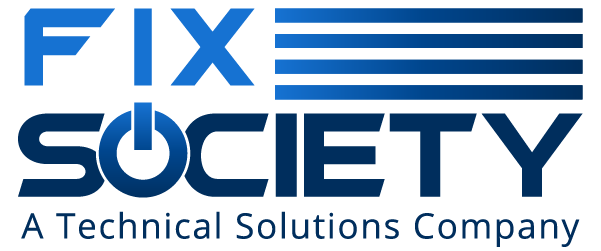At the start of the pandemic, Nextdoor saw an 80 percent increase in users, as people flocked to the neighborhood app to get information, share local resources, and, probably exchange a fair amount of sourdough starter. And because of the way Nextdoor verifies its users and limits their experience to the neighborhoods around them, the app has cultivated a vibe that feels, well, like a community.
But as with other social platforms, Nextdoor has struggled with toxic content and racial profiling. Back in 2017 the company rolled out a series of changes to the app that were designed to slow people down as they posted—with the goal of changing behavior and preventing problematic posts. Has it worked? And are those measures really enough to fight racism in neighborhoods in these incredibly divisive times?
That’s one of the many questions WIRED had the chance to ask Nextdoor chief executive Sarah Friar this week at our virtual WIRED25 event. WIRED25 is our annual list of people who we believe are trying to build a healthier, more equitable, and more resilient world. (And we have more live events planned for this upcoming Wednesday, September 30, which you can find HERE.)
Friar is one of those people. She’s had a long and impressive career in finance and technology, having worked at Goldman Sachs, Salesforce, and as chief executive of Square before taking the top role at Nextdoor in 2018. It’s almost impossible not to draw a comparison between Facebook and Nextdoor when you think about social networks that are wholly reliant on people posting to a news feed. But in many ways Friar seems determined to shape Nextdoor into a kind of neighborhood oasis instead of a mosh pit of commentary. So for this week’s Get WIRED podcast, we’re sharing a rebroadcast of this conversation with Friar, lightly edited for clarity and length.
How to Listen
You can listen to Get WIRED through the audio player above, and subscribe for free wherever you listen to podcasts.
More Great WIRED Stories

Recent Comments